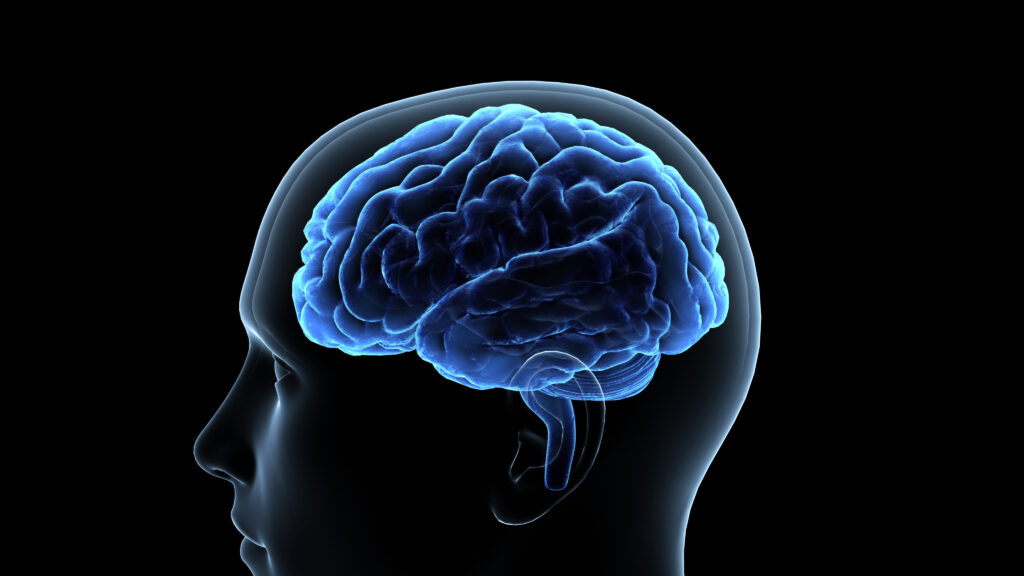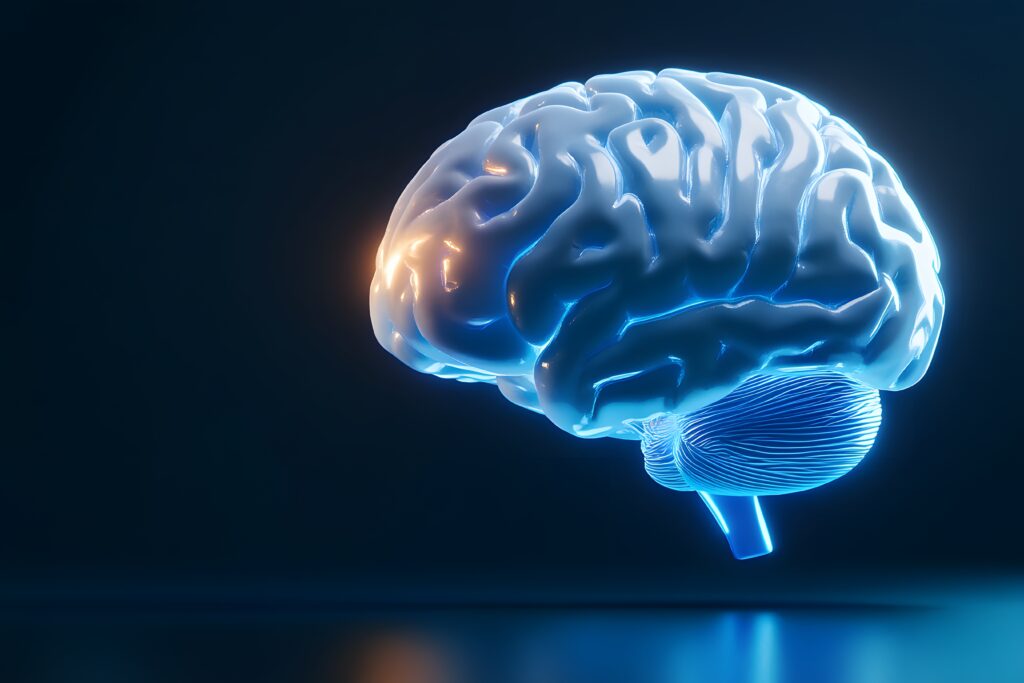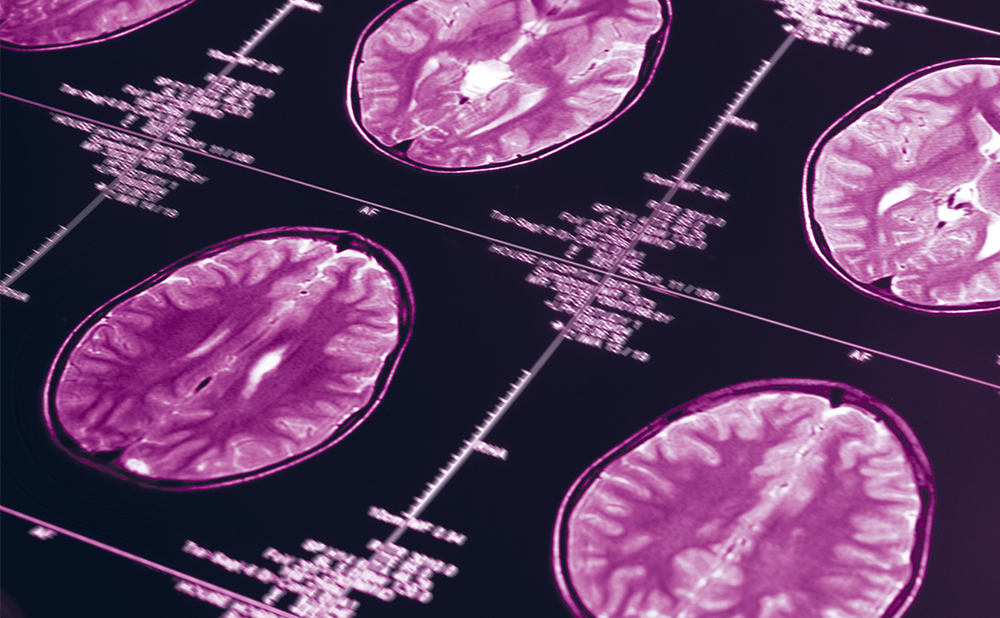Search Results
Showing Results for hyperglycaemia

Cognitive impairment is the hallmark symptom of Alzheimer’s disease (AD); however, neuropsychiatric symptoms (NPS), including psychosis, agitation and mood disturbances, are common not only in AD but also in Parkinson’s disease, dementia with Lewy bodies, frontotemporal dementia and ...

Diabetic striatopathy (DS) is a rare hyperglycaemic condition associated with one or both of the following criteria: (1) acute-onset chorea–ballism (random, flowing and nonsuppressible involuntary movements) and (2) striatal hyperdensity on computed tomography (CT) scan or T1-weighted magnetic resonance imaging (...

While Alzheimer’s disease (AD), the most common cause of dementia, is perhaps best characterized by cognitive decline, more than 90% of patients with dementia exhibit behavioural and psychological symptoms of dementia.1 The Cache County Study on Memory in Aging describes ...

Neuroprotective Strategies in Traumatic Brain Injury Peter JD Andrews Western General Hospital NHS Trust and University of Edinburgh, UK Any severe trauma to the brain results in the activation of a cascade of biochemical pathways and release of chemical mediators. ...

Respiratory Function Loss and Respiratory Endpoints in DMD Duchenne muscular dystrophy (DMD) is the most common and devastating type of muscular dystrophy. Lack of the protein dystrophin causes severe and progressive myofibre degeneration, general muscle weakness and wasting. With increasing ...

Diabetes and ischaemic stroke are common conditions that often co-occur. The relationship between diabetes and stroke is bidirectional. On the one hand, people with diabetes have a more than two-fold increased risk of ischaemic stroke compared to people without diabetes.1 ...

Modulation of Baroreceptor Reflex Sensitivity May Represent a New Therapeutic Target in Acute Stroke
The baroreflex is one of the most important neural mechanisms involved in blood pressure regulation. Baroreceptors in the carotids, cardiac chambers and the aortic arch are activated by changes in blood pressure. The information from baroreceptors relays in the nucleus ...
Latest articles videos and clinical updates - straight to your inbox
Log into your Touch Account
Earn and track your CME credits on the go, save articles for later, and follow the latest congress coverage.
Register now for FREE Access
Register for free to hear about the latest expert-led education, peer-reviewed articles, conference highlights, and innovative CME activities.
Sign up with an Email
Or use a Social Account.
This Functionality is for
Members Only
Explore the latest in medical education and stay current in your field. Create a free account to track your learning.

